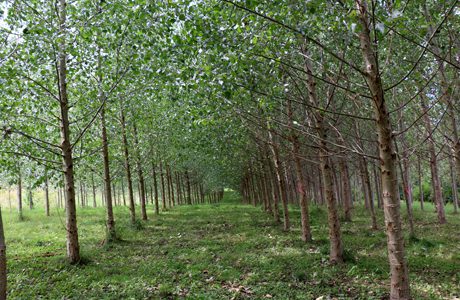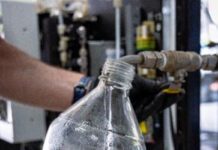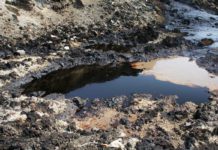
The University of British Columbia (UBC) is partnering with a BC company to turn soil contaminants into household products.
As part of the partnership, UBC Okanagan chemist Susan Murch will work with Passive Remediation Systems (PRS) to find ways to pull natural and industrial chemicals out of vegetation that is being used to remediate a decommissioned landfill in Salmon Arm, BC.
The project involves 1,100 poplar trees planted at the Columbia Shuswap Regional District landfill in 2011. The trees act as a sponge, drawing chemicals out of the ground, and UBC will be looking at ways to extract the chemicals absorbed by the poplars so they can be recycled.
UBC researchers will attempt to extract the chemicals through pyrolysis — essentially steaming the chemicals out of the harvested poplar material—and separating the chemicals from the liquid “wood vinegar” that the process produces.
Murch expects to draw out a number of different kinds of chemicals, from varnish to household cleaners, which can then be reused.
“There was a time when the chemicals that ended up in landfills were thought of as waste and were left to settle in the natural environment,” says Murch. “We’re looking to put chemistry to work on a bio-recycling system that pulls chemicals out of organic materials and allows those chemicals to be reused.”
The research project is funded by the Natural Sciences and Engineering Research Council of Canada.







